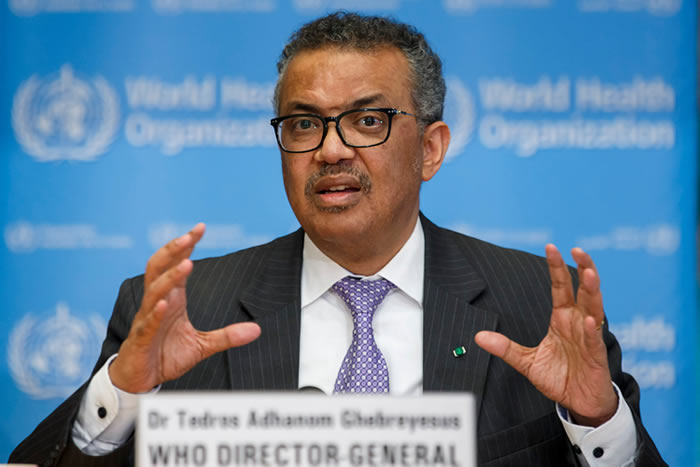
The World Health Organization (WHO), said on Friday that the mpox outbreak, continues to represent a global public health emergency.
A committee comprising around a dozen independent experts, made the decision at a meeting in Geneva. It came three months after the WHO in August, declared a health emergency, due to the spread of mpox, formerly known as monkeypox, on the African continent.
Of concern is a new strain of the virus, called Clade 1b, which spread from the Democratic Republic of Congo and may cause more serious illnesses.
An mpox infection is usually mild, with a skin rash and fever. However, it can be fatal in young children, or immunocompromized people.
According to the WHO, more than 50,000 suspected cases of mpox were reported in African countries this year, with more than 1,080 deaths. Of the infections, 12,000 were detected in the laboratory.
The European Centre for Disease Prevention and Control, estimates the mpox risk for the general population in Europe to be low.
The first British case of Clade Ib mpox was contracted by a person, who had been on holiday in Africa and travelled back to the UK on an overnight flight on October 21. A fourth case has since been detected in Britain, PA news agency reported.
In October, an infection with clade 1b was reported in Germany for the first time. The person had been infected abroad.
The declaration of a “public health emergency of international concern” (PHEIC) has no specific consequences. However, it is the highest alert level that the WHO can impose.
The measure is intended to galvanize the international community into action to contain the spread. The WHO also declared such an emergency at the beginning of the Covid-19 pandemic.
Much has happened in terms of mpox, since the emergency declaration in August, including the release of new funds for operations in affected areas.
The testing of potential vaccines has also been pushed ahead. The WHO has granted emergency authorization for some of them, which makes distribution easier.
“The Emergency Committee for mpox met today and advised me, that the upsurge of mpox continues to constitute a public health emergency of international concern — I have accepted that advice,” WHO Director General Tedros Adhanom Ghebreyesus wrote on X.
“My decision is based on the rising number and continuing geographic spread of cases, operational challenges in the field, and the need to mount and sustain a cohesive response across countries and partners.
“I call on the affected countries to scale up their responses and for solidarity from the international community to help us end the outbreaks.”
Source: GNA























